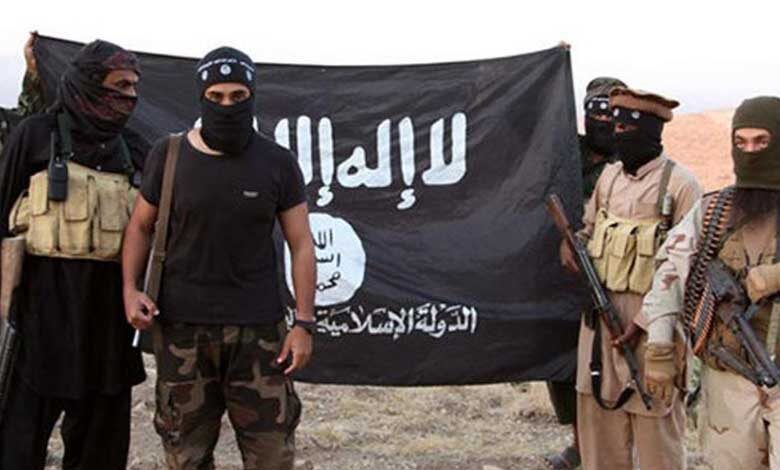Repeated operations – Why ISIS Is Making a Comeback in Iraq?

The past week has witnessed a number of attacks in the areas of Kirkuk and Diyala, resulting in the death and injury of approximately 25 civilians and military personnel. Iraq has faced many security challenges since Mohammed Shia’ Al Sudani assumed the premiership, in light of attempts by Iraqi security agencies to assess the real strength necessary to confront the most prominent terrorist organization.
The Return of Terrorism
Local media reports indicated that the appearance of ISIS in a large number coincides with the formation of the new Iraqi government, emphasizing the need to launch preemptive strikes against the terrorist organization before it expands its areas of influence and awakens its sleeper cells. They added that the lightning strikes reveal ISIS plans to take control of the border areas between Syria and Iraq. A high-ranking security source revealed to the Iraqi News Agency that an explosive device targeted an Iraqi army vehicle in Ninewa province in northern Iraq, killing and wounding five soldiers.
Dr. Omar Abdul Sattar, an Iraqi political analyst, believes that the reasons for the resurgence of ISIS on the scene, after the announcement of its elimination in 2017, are due to the weakness of the international coalition in Iraq and the fact that the Iraqi security forces are only left to confront the terrorist organization in light of divisions and instability inside the country. He confirmed that the Iraqi security services are in need of intelligence information and superior air force to besiege and defeat ISIS, which is beyond the current capabilities of the Iraqi forces, adding that it is possible that ISIS is willing to avenge the killing of its leaders during the past period, but the most realistic is that ISIS seeks to obstruct any program that the Sudanese government may devise, in light of the desire of many parties to keep the terrorist organization as a card of pressure.
ISIS scorpions
Dr. Basil al-Kadhimi, an Iraqi political analyst, said the fall of ISIL in 2017 was not the end of the organization, as attacks continue, especially in Kirkuk, Diyala and Mosul. He said most terrorist operations come from abandoned areas after their people were displaced by terrorist militias, and said these areas are suffering from a weak security presence that needs to be swiftly addressed.
Al-Kadhimi added that it is necessary to address the security situation, restore residents and impose the rule of law and security, likening ISIS to scorpions that emerge from deserted neighborhoods and regions and use them to spread their poisons among the people.
He added that the failed security policies and repeated mistakes are a common trait between all previous governments and the current one. He warned of delays in dealing with the security file, and stressed the need to develop clear political plans and put an end to administrative corruption in the security services, which has grown so large that there are factions within the Popular Mobilization Units (PMU) that take salaries and weapons from the government but do not have them on the ground, and most of their positions are empty or contain only one or two soldiers before thinking about confronting ISIS.
In a statement published by the Iraqi News Agency, Major General Yahya Rasul, the spokesman for the Commander-in-Chief of the Iraqi Armed Forces, confirmed, “A major officer and a number of members were martyred in a cowardly terrorist act when an explosive device was detonated on a patrol of the federal police forces, the Second Mechanized Brigade, in the village of Ali Al-Sultan in the Riyadh sub-district in Kirkuk.” The statement added, “The terrorist elements resorted to malicious methods after they received painful blows at the hands of our heroic security forces.” He noted, “The Commander-in-Chief of the Armed Forces directed the security units to pay attention and thoroughly search the roads, and not to give terrorists a chance.”












